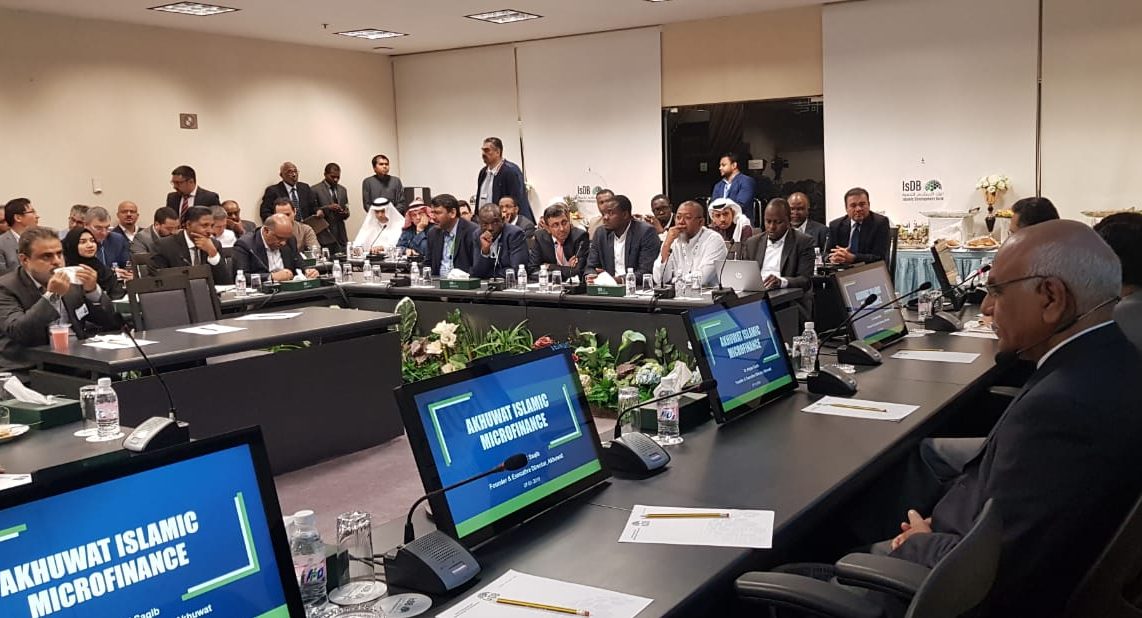STRAIGHT TALK by Hafeez Khan
The view from our apartment’s balcony is a golf course situated in the heart of bustling Jakarta. The view is so refreshing and soothing. I am here with my family to attend the wedding of my nephew, more like a son, Wasam Chaudhry. I am lucky to be in one of the few islands of tranquility amidst its busy roads and crowded walkways. It’s a city of over ten million inhabitants. As an incurable Lahorite, my mind turns to comparing the two cities. The population is about the same of both cities.
The traffic volume of Jakarta and Lahore is similar, they are both very congested. But there is a difference. It is much more orderly in Jakarta; cars stop to let a pedestrian pass without honking, whereas in Lahore it is the survival of the fittest. The aggression of drivers in Lahore depicts our national frame of mind, grab whatever you can. It does not augur well for the nation. We are fast losing humility and kindness. Caring for thy neighbor, a trait I grew up with, is fast being overtaken by aggressors take all.
Where is all this aggression coming from? Is it insecurity? Is it arrogance? Is it intolerance originating from ignorance? Is it just lack of civic sense turning us into selfish grabbers? Whether it is road space or someone else’s right of existence? These are heavy duty questions. It is for the proponents of Riasat e Medinah to ponder over this behavior. Medinah was not a state of milk and honey, life was hard surviving on dates and camel milk. But our Holy Prophet was able to elevate the level of human beings to be kind, generous and caring to their neighbors. Where will our journey start?
I had a taste of such efforts over a breakfast meeting hosted by my friend Mushtaq Mian with Dr. Amjad Saqib. He is the founder and Chairman of “Akhuwat Foundation”. Starting with a humble kitty of Rs10,000 in 2001, he embarked on a mission to help the poor get a start in life by making seed money available at no cost. By end of 2019, his funding surpassed Rs 100 Billion mark with a recovery rate of over 99%. It shows Pakistanis can do better. Even in poverty they are honorable when trusted. They just need a chance.
This got me pondering over the efforts being made on the national economic front in Pakistan. Being a student of politics and economics, a statement of a US politician resonated in my mind. When he was asked what wins or loses elections politically, he said “It’s all about economics, stupid”. So it is. PTI’s survival and growth revolves around its performance on the economic front.
Regaining a foothold for an economy gone bad is comparable to a tumor that has spread in a body. Recovering from this condition requires major and multiple surgeries; it requires immense post operative care, a lot of patience and time. The condition of the patient fluctuates before it starts to get better. Pakistan’s economy is in a similar situation. The economic team is akin to the team of surgeons that has performed the major surgery. They have taken the steps to turn the stalled economic ship around. Now the post operative care is dependent on the stakeholders to ensure that this economic patient pulls through.
What are the effects of such bold moves that appear on the horizon? Their impact upon common folks? In 2019 the economy shrank as policy of stabilization was actively pursued. External sector threats slightly receded, reserves improved, and trade deficits were arrested. The downward economic spiral stopped that helped rupee hold its ground around the 155 mark after a free fall. However, the corrective measures have caused a lot of pain to the general public through higher taxes, stagnant wages, inflation and little or no job growth.
To overcome these challenges in 2020 and to continue to improve the economic direction, various external factors will play a dominant role. We have to manage the FATF threat by achieving the deliverables, keep the IMF package rolling, encourage inflow of foreign investments, and promote tourism. The foremost need of the hour is to move into high gear on the 2nd phase of CEPC. It is imperative. This phase focuses on industrialization, socio-economic development, agricultural modernization and tourism.
Internally it requires a competent implementation team within the government. Runaway inflation, largely profiteering, requires bold decisive moves at the provincial levels. The private sector investments have to be encouraged. An appropriate balance has to be struck between accountability and the need for investments for industrial growth to create jobs. It is crucial. Incentives have been provided and rules streamlined in sectors that make up 70% of the economy including textiles, energy, banks and fertilizers. A major threat still unattended is management of population growth.
Furthermore the agricultural sector, my first love, is under severe threat. The challenges of diminishing water resources, impact of climate change causing untimely rain, heat and cold waves, poor quality seeds are a clear and present danger. One of the first steps should be to provide quality seeds that are resistant to the vagaries of weather to increase present production.
The challenges of a recovering economy will severely test our will and commitment, but they are not insurmountable if we work together. Germany, Japan, Turkey, Malaysia, China, South Korea, Bangladesh, even India has done it. Why not us?


Leave a Reply